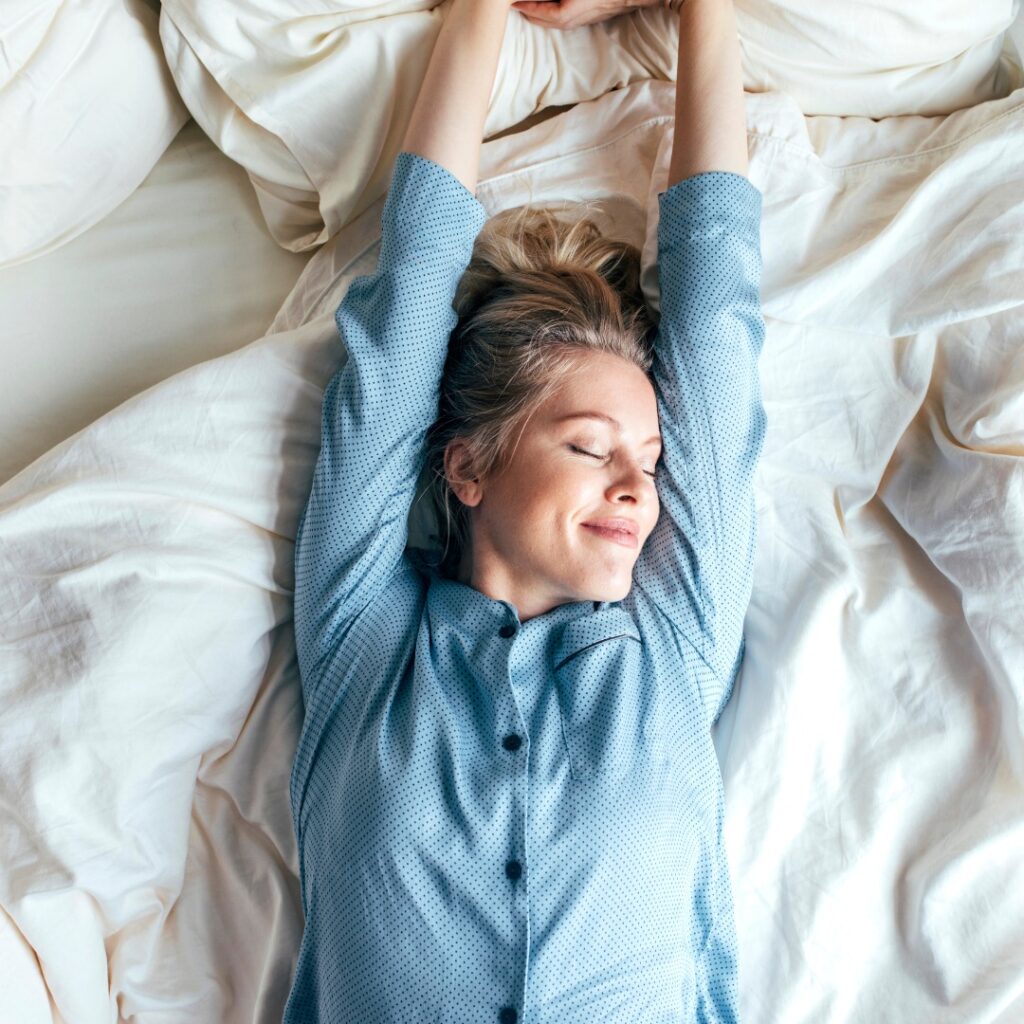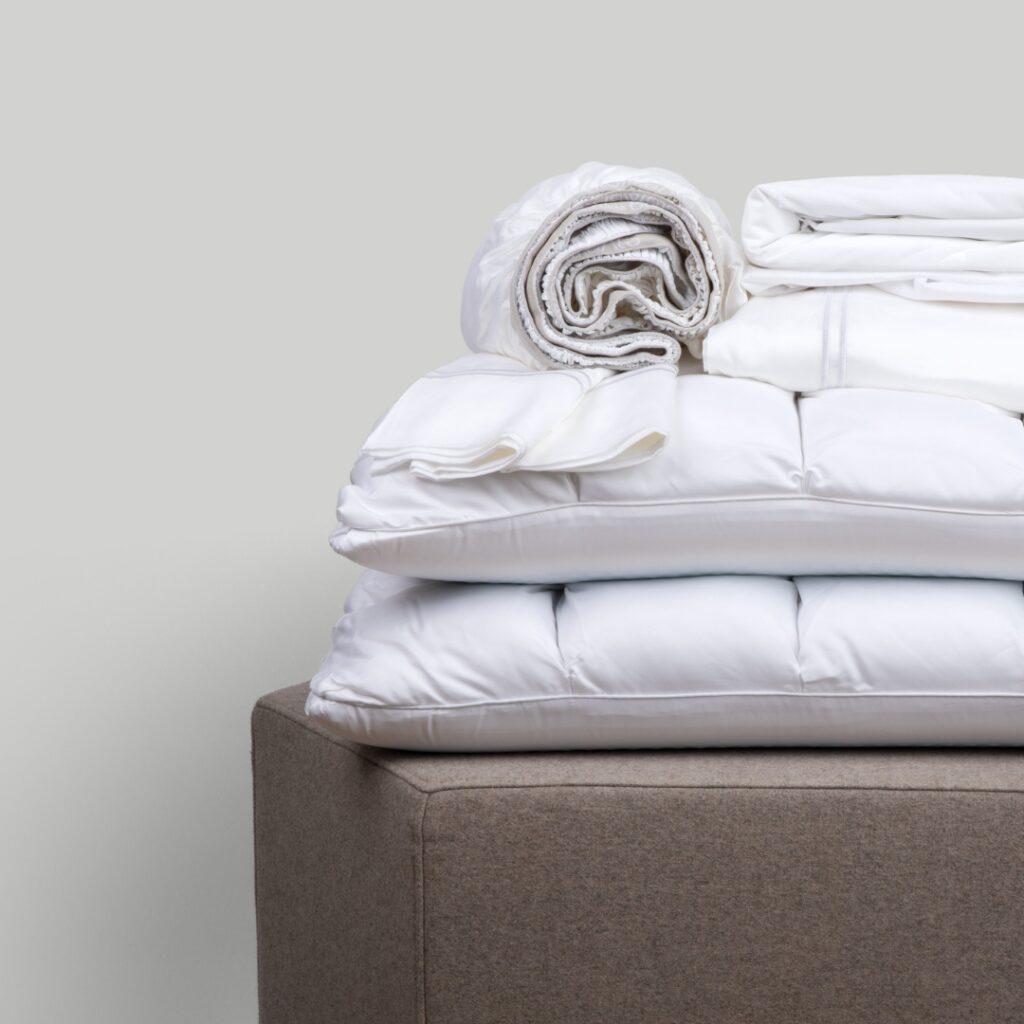US bedding brand Purecare explores the differences between sleep hygiene and sleep wellness, while sharing some tips on how they overlap and how to help customers sleep better.
To start with a quote from Purecare’s Johan Bosman, Senior Vice President of Global Business Development, on their mission, the brand has continued to grow in the UK since its launch back in January. “Our company’s mission is to make home the heart of wellness. We’re the bedding company devoted to you and your family’s well-being.
“With every fibre of our being and stitch of our fabric, we care about the sleep quality and wellness of everybody and every body. This is why we design products with one simple mission: to wrap the world in whole-body care and comfort. Because when we sleep well, we rise to live well too.”
It’s a powerful mission statement that touches on a couple of keywords, ‘quality’ and ‘wellness’. Focusing on the latter, to achieve overall sleep wellness, the quality of products used, combined with good sleeping practices, are paramount. And that’s where Purecare excels. However, when terms like sleep hygiene and sleep wellness are used, perhaps people think they are two of the same things. They cross over, but the fundamental concept behind both terms is different.
Johan explains: “Sleep hygiene sounds fancy, but it’s actually pretty straightforward. Sleep hygiene means cultivating good habits to get quality rest. It involves the healthy behaviours that we regularly perform, like properly caring for our bedding, so we can sleep cleaner, limiting screen time, and avoiding caffeine close to bedtime.
“While sleep wellness does overlap and may be interchangeable with sleep hygiene in certain contexts, it often extends beyond our laundry rooms and the habits we carry out in the hours before bedtime. Sleep wellness includes things like assessing our unique sleep needs and setting realistic sleep goals, investing in high-quality bedding that helps us reach our sleep goals, and engaging in healthy lifestyle choices that contribute to better, whole-person health. It takes into account not only the things we must do to sleep well, but the things we must do to rise to the challenges of our days, too.”


Top Tips for Better Sleep Hygiene + Wellness
Fortunately, cultivating good sleep habits and improving sleep wellness is “simple”, says Johan, who has shared his top tips.
Establish a Regular Bedtime – “Our bodies naturally respond to natural patterns, such as the rising and setting of the sun. By sticking to the same bedtime every night, your body will start associating that time with rest and relaxation. If maintaining a regular bedtime is a struggle, try setting an alarm for when it’s time to begin getting ready for bed. This will prompt you for when it’s time to start your usual wind-down routine.”
Move Your Body – “Regular exercise is essential for improving not only your sleep quality but your overall wellness as well. And it’s no surprise. Regular exercise helps reduce stress and anxiety, regulate hormones, and improve energy and focus during the day—all of which help you sleep better at night. For optimal results, aim for 15-30 minutes of moderate activity each day.”
Limit Screen Time – “It’s no secret: the blue light from our phones, computers, and TVs can is notorious for making it hard to fall and stay asleep at night. To make deep, nourishing sleep easier to come by, limit your exposure to screens for at least an hour before bed. (Bonus Tip: To lessen eye strain during the day and nighttime hours, consider glasses designed with lenses that block blue light.)”
Swap Caffeine for Chamomile – “If you love a warm cup of coffee in the afternoon, consider swapping it out for chamomile tea instead. Not only is it delicious and considered a safe alternative to coffee, but it is also celebrated for helping to soothe a variety of concerns, including an upset stomach, inflammation, muscle cramps and spasms, and more.”
Create a Comfortable Sleep Space – “Set the stage for restful sleep by creating a calm, inviting bedroom environment. If you’re sensitive to light or sound (or both), consider blackout curtains and noise-canceling headphones or earplugs to help you sleep more deeply. We also suggest investing in a high-quality mattress, pillows, and bedding that meets your unique comfort, support, and sleep needs.”


